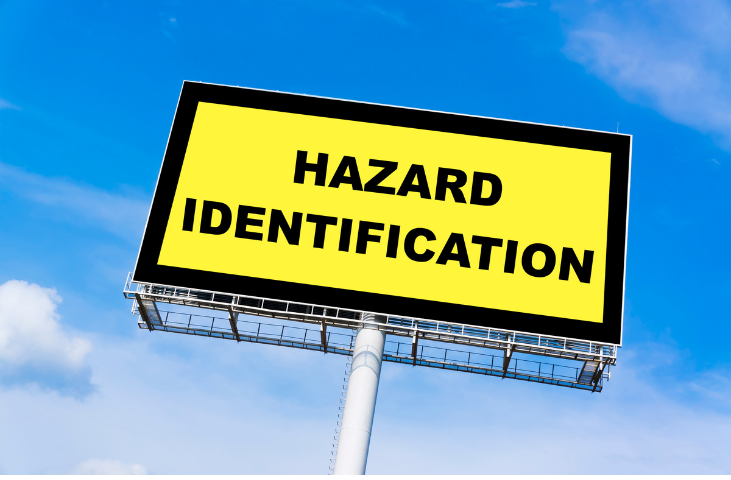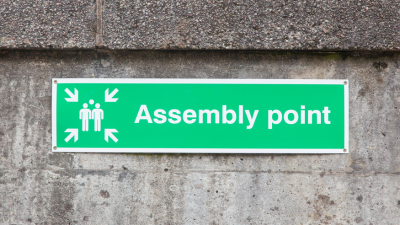Legal Requirements for Fire Safety

Estimated reading time: 3 minutes
Legal Requirements for Fire Safety
For most non-domestic properties, including workplaces, public spaces and communal areas within residential buildings, carrying out a fire risk assessment is not just recommended, it’s a legal requirement for fire safety. Fire risk assessments are fundamental for identifying fire hazards, evaluating potential risks and implementing preventive measures to safeguard against fires and ensure preparedness for emergencies.
In England and Wales, the fire safety regulations are outlined in the Regulatory Reform (Fire Safety) Order 2005. Similar fire safety laws apply in Scotland and Northern Ireland, each with its own specificities.
Who is Responsible?
The Responsible Person, typically the business owner, employer or landlord is accountable for ensuring a fire risk assessment is carried out. However, this responsibility can be delegated to a Competent Person, this is someone with the expertise to assess fire risks, identify hazards and ensure compliance with the fire safety regulations.
In larger organisations, the Responsible Person may delegate specific fire safety duties to Appointed Persons or Fire Wardens/Fire marshals. Proper training must be given to these individuals to perform their fire safety duties effectively.
The scope of fire safety responsibilities depends on the size and structure of the organisation. In smaller businesses, the Responsible Person may handle all fire safety tasks, while larger organisations may distribute responsibilities across multiple individuals.

Changes to the Legal Requirements for Fire Safety
On 1 October 2023, Section 156 of the Building Safety Act 2022 made updates to the Fire Safety Order. The changes aim to improve fire safety practices, particularly for buildings with multiple dwellings or high-rise structures. These updates include:
- A fire risk assessment is now required for every business, regardless of size and all findings must be documented in writing. Previously, only businesses with five or more employees were obligated to maintain a written assessment.
- The full scope of the fire risk assessment findings must now be recorded, including identifying all hazards and outlining actions to mitigate them. Previously, only significant findings were required to be documented.
- Fire risk assessments must be conducted by a Competent Person, with the assessor’s name, company and UK address recorded for accountability.
- Additional changes introduce stricter regulations for high-rise buildings and multi-occupied residential spaces, as well as increased penalties for non-compliance.
Fire Wardens and their Legal Responsibilities
Fire wardens do not have any legal responsibilities for fire safety, but they might help out with other fire safety duties such as:
- Identifying and Reporting Hazards.
- Providing Feedback.
- Enforcing Fire Safety Measures.
- Emergency Preparation.
Conclusion
As part of an organisation’s legal responsibilities for fire safety, they have to conduct a fire risk assessment. With the recent updates to the Fire Safety Order, these fire risk assessments must be fully documented, all findings recorded, reviewed regularly and the assessor’s name, company and UK address must be recorded for transparency. Adhering to these regulations not only keeps a building fire safety compliant but also ensures the safety and well-being of everyone who occupies it.
Our accredited online Fire Marshal/Warden Course for staff or face-to-face Fire Marshal/Warden Courses will help you gain the knowledge and skills needed to create a safer environment and respond effectively during emergencies.
Alternatively, if you would like additional information about your fire training requirements, you can get in touch with our friendly customer service team by calling us on 01327 552160, emailing us at hello@smarthorizons.co.uk, getting in touch via live chat or filling in our web contact form.
